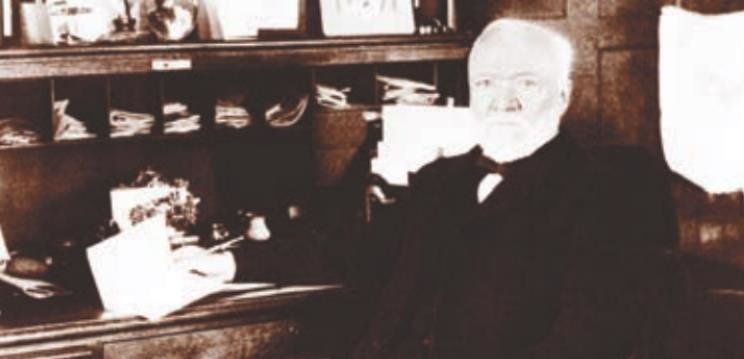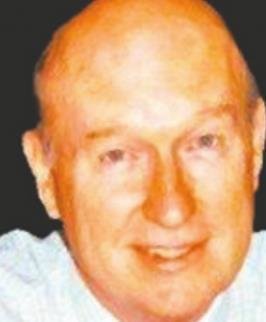The extra milers
Tales for a trying time
My father was an extra miler.
At age 15, he walked and hitched rides on wagons more than 300 miles from Georgia to South Carolina.
It must have taken him a month of doing chores for meals …
This item is available in full to subscribers.
Subscribe to continue reading. Already a subscriber? Sign in
Get 50% of all subscriptions for a limited time. Subscribe today.
Please log in to continueNeed an account?
|
The extra milers
Tales for a trying time
My father was an extra miler.
At age 15, he walked and hitched rides on wagons more than 300 miles from Georgia to South Carolina.
It must have taken him a month of doing chores for meals and a place to sleep in barns along the way. But a job sweeping floors and selling furniture was a strong motivator for a young man fresh out of high school who needed an income in 1923.
His willingness to go the extra mile made him the manager of his boss’s furniture stores by the time he was 21.
After he met my mother, he borrowed money to go back to school, worked nights, went to classes during the day and became the professional man he had dreamed of.
When I think about him, I feel like a slacker. I don’t believe I ever worked as hard as he did, even when cleaning grease traps on KP at Fort Jackson.
I THOUGHT ABOUT him when I read Napoleon Hill’s account of Charles Schwab, the man who engineered the sale of Andrew Carnegie’s steel mills.
Carnegie started out as a poor boy in Scotland, came to America, won a menial job in the steel industry and rose to become one of the country’s wealthiest men.
Before World War I, Carnegie developed more successful leaders of industry than any other American industrialist.
Most of them came up from the ranks of day laborers. Many accumulated personal fortunes, more than they could have without Carnegie’s guidance.
The 1st test he gave any worker he desired to promote was to determine if he was willing to go the extra mile.
Charles Schwab caught Carnegie’s attention while working as a day laborer in one of the steel mills. He found that Schwab always performed more and better service than which he was paid for. And he did it in a pleasing way which made him popular with his co-workers.
He was promoted from one job to another until at last he was made president of US Steel Corporation at a salary of $75,000 a year, worth about $2.3 million today.
SCHWAB, THE DAY laborer, could not have earned $2.3 million during his entire lifetime if he did not go the extra mile.
Carnegie not only paid Schwab’s generous salary. He gave him as much as $1 million as a bonus. Carnegie said he paid Schwab for the
Carnegie said he paid Schwab for the work he actually performed. The bonus was for his perennial willingness to go the extra mile, setting an example for others.
Napoleon Hill, who wrote the perennially best selling Think and Grow Rich, said it pays to go the extra mile.
Every time you do, you place someone else under an obligation to you.
BERT HULL WAS an extra miler who worked with us years ago. He took what he learned from us and, with his wife, started not 1 but 2 community newspapers and sold them to a rival publisher for far more than he and Vicky had invested in them.
Another, Rebecca Kelly, won the election for mayor of South Congaree and started her own marketing company.
A 3rd, Paul Kirby, publishes his own digital news service, The Lexington Ledger.
Our family is delighted to have played a small role in their success.
Next: Everybody’s watching you
What’s your opinion?
Do you have a good extra miler story you might share with our readers? Please email it to me at JerryBellune@yahoo.com .
Other items that may interest you










Comments
No comments on this item Please log in to comment by clicking here